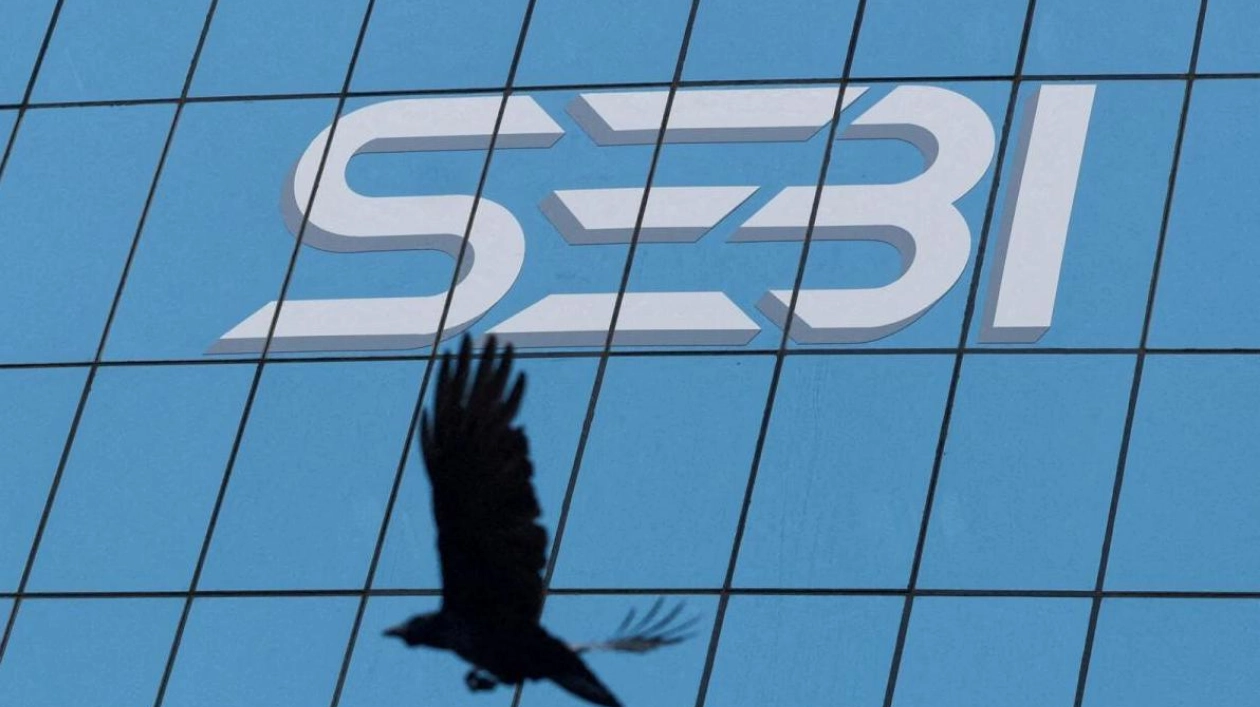In light of the global stock market volatility, the Indian Government is actively seeking ways to regulate speculative trading among small and medium investors. The Securities & Exchange Board of India (Sebi) has introduced a consultative paper aimed at reducing speculation in futures and options. The paper suggests increasing the minimum contract size for index options from Rs500,000 to Rs1.5 million initially, and then to Rs3 million after six months. This measure targets traders who currently enter the market with the minimum permitted amount. Additionally, the paper proposes that stock exchanges can only launch weekly options contracts on a single index, rather than multiple indices as currently allowed. Sebi also plans to restrict the total number of contracts a large broker's clients can hold on the day of expiry and requires brokers to collect options premium upfront, eliminating the current practice of intraday leveraging with broker funds.
Regarding the burgeoning online fashion and lifestyle business in India, recent reports indicate a significant growth potential. The Indian lifestyle and fashion market is projected to expand from $130 billion to $210 billion by 2028, with the online segment expected to reach $40-45 billion. This growth is largely driven by smaller cities and rural areas, which account for approximately 60% of the apparel, accessories, jewelry, and footwear sectors. The market is also seeing an increase in tech-savvy consumers, who are purchasing a variety of products for different occasions.
For those considering selling inherited property in Kolkata, the recent budget changes have significant tax implications. The Finance Minister proposed removing the indexation benefit for capital assets, with long-term capital gains taxed at a flat rate of 12.5%. However, an amendment allows taxpayers owning land or buildings before July 23, 2024, to continue claiming indexation, with capital gains taxed at the previous rate of 20%. This provides an option for taxpayers to choose between the old and new tax systems, selecting the one that results in lower tax liability.






